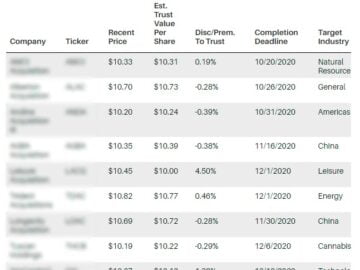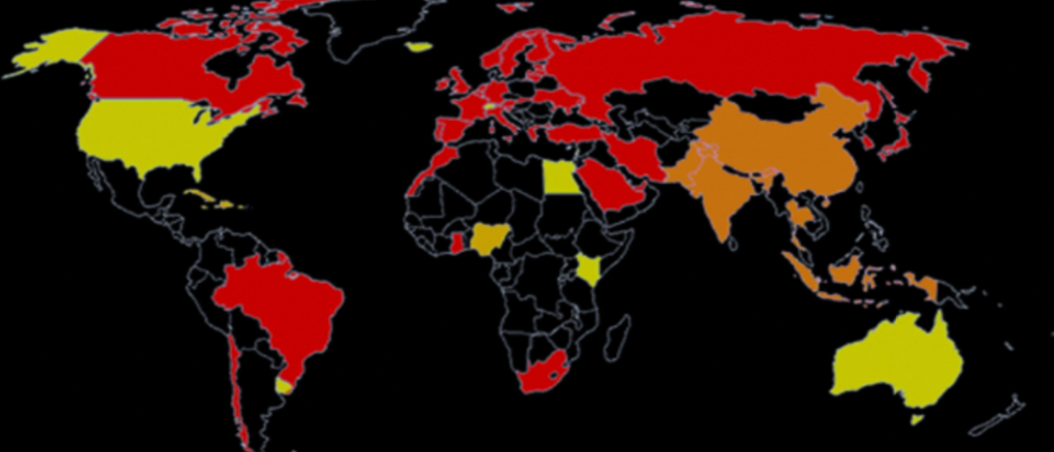Seeking out great stocks to buy is important, but many would say it’s even more essential to know which stocks to steer clear of. A losing stock can eat away at your precious long-term returns. So, determining which stocks to trim or eliminate is essential for proper portfolio maintenance.
Even the best gardens need pruning, and our team has spotted a few stocks that seem like prime candidates for selling or avoiding. Continue reading to find out which three stocks our team is staying away from this week.
Rising interest rates are cooling off the entire housing sector, with new home sales falling to a six-year low in July. Home resales are sitting at a two-year low. According to the latest data from the U.S. Department of Housing and Urban Development, new residential construction fell 9.6% month over month across the U.S. in July. More pain is expected as the Federal Reserve is widely forecast to continue lifting interest rates through the remainder of 2022 and into 2023 to dampen inflation.
As the largest homebuilder in the U.S., Texas-based D.R. Horton (DHI) is likely to be impacted by the slowdown in the housing market. DHI’s share price is down 33% already this year, outpacing the decline of the S&P 500. As the housing market slows further heading into winter, more declines can be expected. The company has been slowing its number of housing starts in response.
In its most recent Q3 earnings, D.R. Horton forecast a slowdown, saying it now expects full-year revenues in the range of $33.8 billion to $34.6 billion, down from its previous guidance of $35.3 billion to $36.1 billion. The company also reported a Q3 cancellation rate of 24%, up from 17% the previous year. With an increasing number of analysts predicting a housing recession, the company could be forced to further lower its earnings forecast.
While the future remains bright for renewable energy, not all solar stocks are a buy. Provider of solar engineering and construction services, iSun Inc. (ISUN), has seen operating losses skyrocket alongside revenue increases in recent years.
iSun reported second quarter 2022 revenue of $16.5 million, representing a $12.1 million or 278% increase over the same period in 2021. Alongside top-line growth over the past year, the company has reported $15.3 million in operating losses. Operating income in the second quarter was a loss of $5.6 million compared to a loss of $2.8 million over the same period in 2021. YTD operating income was a loss of $11.3 million compared to a loss of $5.4 million during the same period in 2021.
Given the company’s already high debt position after a series of acquisitions in 2021, the additional losses could force it to raise equity to de-lever its balance sheet, which could mean further declines for iSun.
The small, unprofitable solar company’s stock is down 72% over the past 12 months, but it’s far from a bargain considering the risk factor.
As more states legalize sports betting, investor enthusiasm for online gambling stocks has faded. Post-pandemic winner Penn Entertainment (PENN) is feeling the pinch. PENN’s share price is down 38% so far in 2022 and down 15% in the past month.
Second quarter earnings were a colossal disappointment. The company managed a slight revenue beat of $1.63 billion versus the consensus expectation of $1.6 billion, but EPS was way off. PENN fell short of Wall Street’s expectations of $0.50, reporting $0.15 EPS for the quarter.
Penn’s focus on regional casino operations helped protect it from slowdowns in gambling hubs like Atlantic City and Las Vegas. But with the hot spots roaring back to life, this trend seems to have ended. The stock is down nearly 80% since March of 2021. After a long and steady decline, analysts are less than impressed with PENN. Stifel analyst Steven Wieczynski recently lowered the firm’s price target from $50 to $45.








